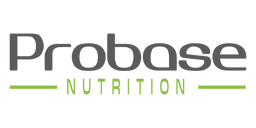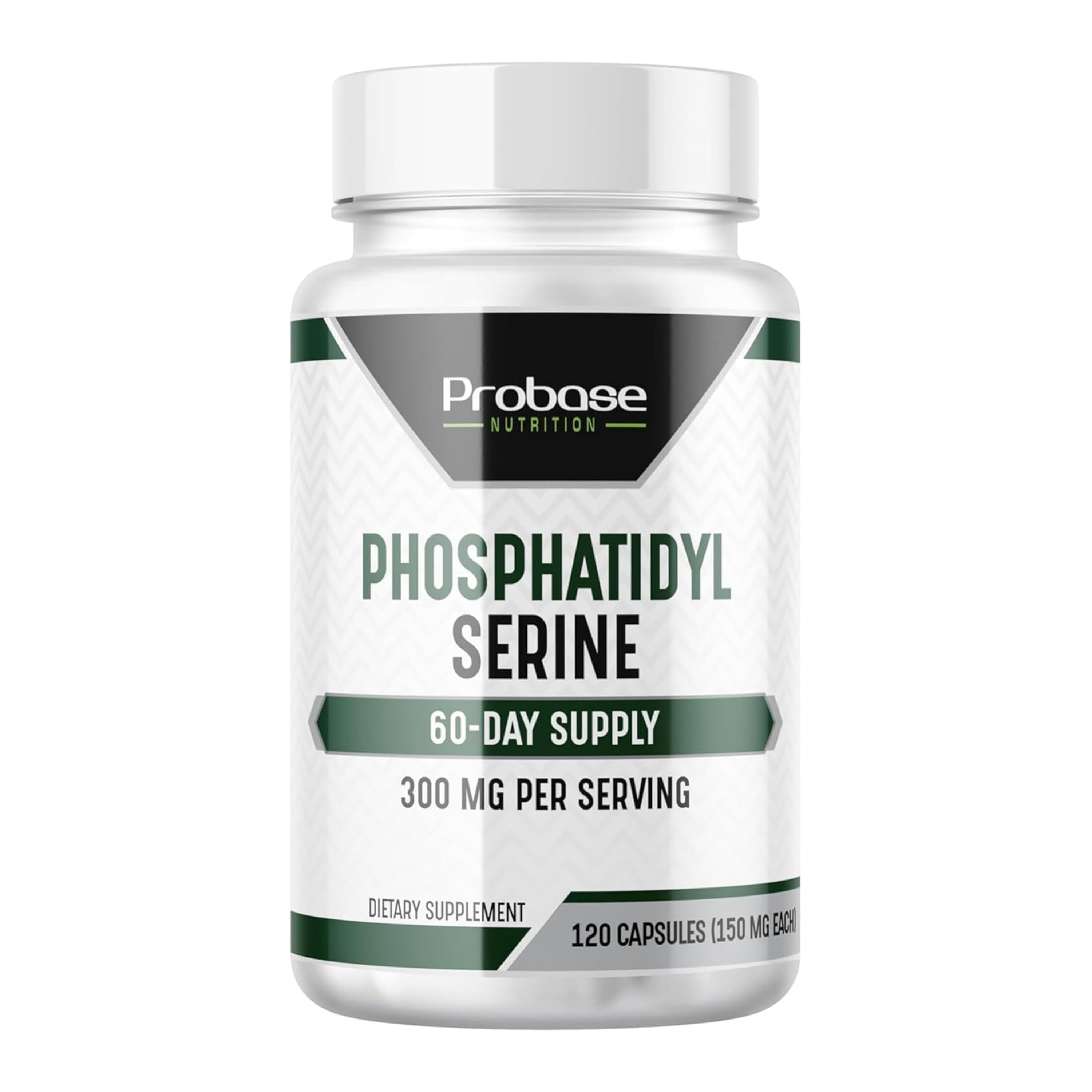1. Cognitive Health and Memory Support
Phosphatidylserine is renowned for its potential to support cognitive functions, particularly memory and learning. Research suggests that PS can help maintain cognitive function in the elderly, especially those experiencing age-related decline . This is attributed to its role in maintaining cell membrane integrity and facilitating communication between brain cells.
**Disclaimer:** While there is evidence supporting the cognitive benefits of Phosphatidylserine, individual results may vary. It is not a cure for cognitive disorders, and its effects can differ based on age, health status, and other factors.
2. Stress Reduction
Another significant benefit of Phosphatidylserine is its ability to reduce the body's response to stress. PS has been shown to lower cortisol levels, the hormone associated with stress, thereby promoting a calmer state of mind . This makes it a popular supplement among those looking to manage stress and improve their overall mood.
**Disclaimer:** The impact of Phosphatidylserine on stress levels may vary among individuals. It should not be considered a sole treatment for anxiety or other mental health conditions. Consulting with a healthcare provider is recommended if you're experiencing severe stress or anxiety.
3. Athletic Performance and Recovery
Phosphatidylserine is also valued in the fitness community for its potential to enhance athletic performance and aid recovery. Studies have indicated that it may help improve exercise capacity, reduce muscle soreness, and enhance recovery by modulating the stress response associated with physical activity .
**Disclaimer:** While PS may offer benefits for athletes, it is not a substitute for proper training, nutrition, and recovery practices. It should be used as a part of a comprehensive fitness regimen.
4. Brain Health and Neuroprotection
Phosphatidylserine is essential for the proper functioning of brain cells and has been studied for its neuroprotective properties. It supports the repair of damaged neurons and may help protect against neurodegenerative conditions by promoting healthy brain function .
**Disclaimer:** Although Phosphatidylserine may support brain health, it is not a treatment for neurodegenerative diseases. Individuals with such conditions should seek medical advice before starting any supplement regimen.
Final Thoughts
Probase Nutrition's Phosphatidylserine supplement offers a natural way to support cognitive health, stress management, and overall well-being. However, it's important to approach supplementation with realistic expectations and an understanding of its limitations. Always consult with a healthcare professional before adding new supplements to your regimen, especially if you have underlying health conditions or are taking other medications.
---
**Footnotes:**
1. **Cognitive Health and Memory Support:** For a detailed review of the cognitive benefits of phosphatidylserine, see Jorissen et al. (2001) in *Ageing Research Reviews*.
2. **Stress Reduction:** The effects of PS on cortisol levels and stress response are discussed in detail in Monteleone et al. (1990) in *Psychopharmacology*.
3. **Athletic Performance and Recovery:** The potential benefits of PS for athletes are summarized in Kingsley et al. (2006) in *Sports Medicine*.
4. **Brain Health and Neuroprotection:** For more on the neuroprotective effects of PS, refer to the study by Kidd (2008) in *Alternative Medicine Review*.


